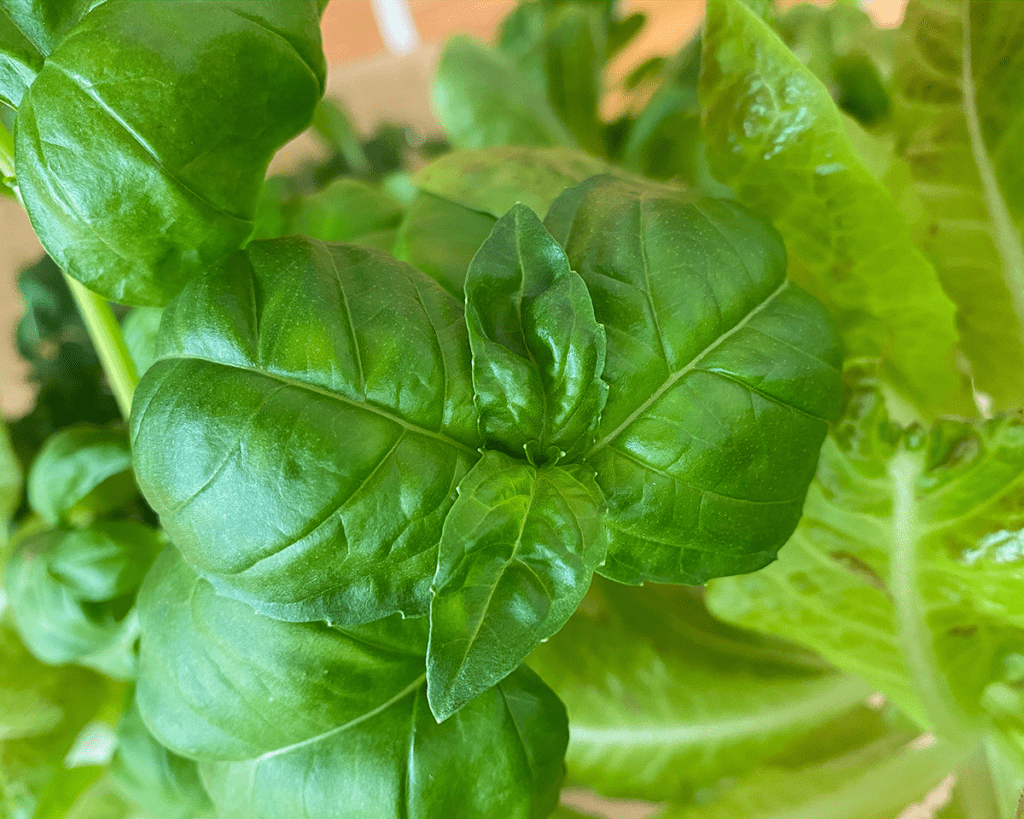
A mainstream trend in health and wellness has been organic foods. People are educating themselves on some of the unsustainable practices “big farma” deploys to ensure consistently successful crops at massive scale: GMO engineering, thoughtless pesticide application, and complete erosion of soil fertility. While the word “organic” has come to mean food produced consciously, with minimal pesticides and sustainable techniques, it has begun to morph into a marketing buzzword as it spills into other industries. Gardening, being so closely related to food production, has adopted the word “organic” to describe types of plant food. This can be a little confusing, so we decided to settle the score between organic and mineral plant food once and for all.
Is organic plant food better or healthier for plants?
“Organic” has come to mean “natural”, “healthy”, and maybe even “authentic”, but it doesn’t necessarily mean the same things when it comes to plant food. When gardening outdoors, organic materials such as earthworm compost or bat guano are used as a catalyst for producing minerals, rather than as a direct source of nutrients. Microscopic organisms and fungi present in soil, called microbes, break down organic material through a complex soil food web. The output of that process is mineral ions, for example NH4+ (ammonium nitrogen) and NO3- (nitrate nitrogen), which are then absorbed as nutrients by the plants.
The process of breaking down once-living, or byproduct/waste into mineral plant food is called “organics”. Plant food marketed as “organic” contains the same minerals as mineral fertilizers, but sourced and refined from the soil food web process. Unfortunately, organic plant food also contains other natural byproducts of the organics process, such as carbohydrates, which can cause unwanted complications in a hydroponic system.
Is mineral plant food dangerous and synthetic?
Not at all. Mineral fertilizers skip the messy soil food web process by providing the exact same minerals through chemistry. For example ammonium nitrogen, the mineral ion produced from earthworm compost, can be made using the Haber Process, in which Nitrogen is pulled from the air and combined with Hydrogen, similar to nitrogen-fixing plants. Organic plant food is no better or worse for your plants than mineral plant food, and mineral plant food no better or worse than organics. At the end of the day, the plants absorb the mineral ions, and aren’t picky about whether they were derived from organic or scientific processes.
Can I use organic plant food in my Gardyn?
Using organic plant food in your Gardyn is not advisable. For outdoor growers using soil, coconut coir, or materials where the roots are growing into a substrate containing microbes, organic plant foods work well. However, bare root and recirculating hydroponic systems like the Gardyn do not perform well with organic plant foods. Carbohydrates in the organic plant foods can encourage microbial growth, which can expedite the development of biofilm in a hydroponic system. Mineral plant food runs “cleaner” and won’t cause build-ups or clogging. Unless you want to clean your Gardyn every week, use mineral-derived plant food so as to avoid gunking up the columns and irrigation tubes.
Are my plants still organic if I use mineral plant food?
Absolutely. Truly, the word “organic” has come to mean many different things in different situations. Some people might worry that using mineral fertilizers renders their plants “inorganic” and thus not as healthy or safe. It’s a position easily challenged when considering what the goal is by labeling something as “organic”. Plants grown with mineral plant food can receive the same nutrition as plants fed from organic plant food and can be grown safely with no pesticides. Plants grown with mineral food in the Gardyn also leverage hydroponic technology that minimizes food miles, water usage and waste, and energy consumption. Indoor growing and controlled environment agriculture, using organics or otherwise, is forcing people to reconsider what’s most important about how we produce our food.